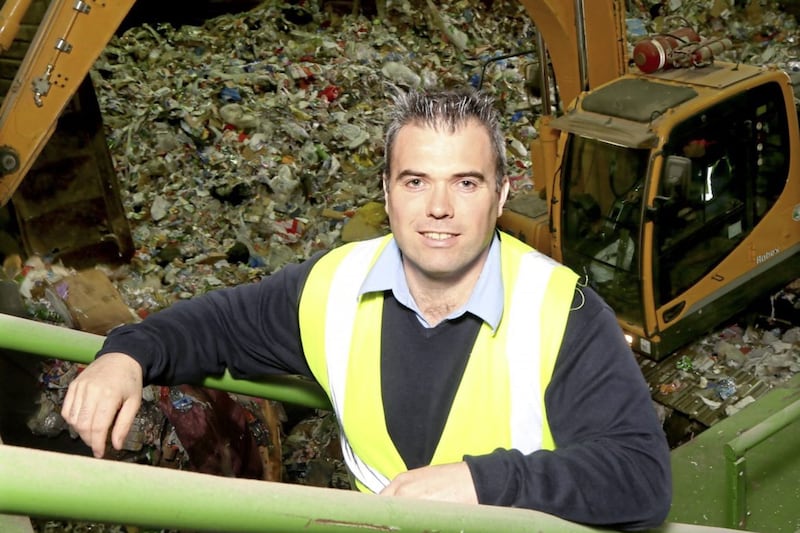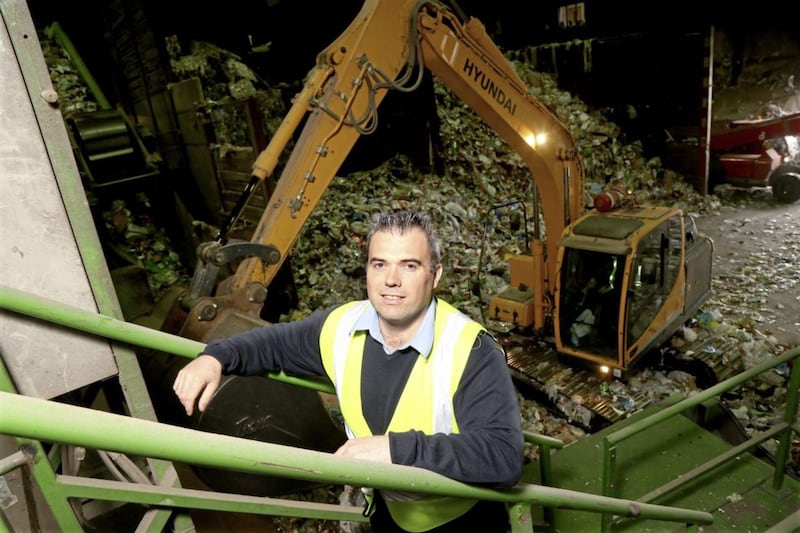MANUFACTURERS who rely on recycling streams from household waste are urging councils in the north to maintain collections and keep recycling centres open.
Despite the coronavirus pandemic, they say it's critical that supply chains are kept open, as vital packaging material is required to protect food and medical supplies.
Joseph Doherty, managing director of Re-Gen Waste, which handles mixed dry recycling for councils across Britain and Ireland, said: “We know it’s not easy for councils right now and we have the utmost respect for their key staff, who are emptying our bins while trying to keep themselves safe.
“But we have to keep recyclates moving, or we will not be able to supply essential manufacturers with the packaging materials they require.
“Many of these manufacturers have increased production to ensure they are providing basic but essential products such as toilet rolls, tissues, cereal boxes, medicine bottles, egg cartons, milk and soft drinks bottles.
“If waste streams are stopped, there will not be enough material in the system to continue production in many of the businesses, that people rely on for day to day life,” he said.
Lurgan based Huhtamaki, is the only manufacturer of egg cartons and trays in the UK and Ireland, and its products ensure a smooth flow of eggs from farm to packer and onward from the retailer to consumer.
Its general manager Richard Smith said: “Eggs are a key food item in times of crisis, cheap and a convenient source of protein, and failure to supply packaging would have a major impact on the egg industry.
“Huhtamaki relies on a steady flow of raw materials to manufacture our egg cartons, and the recycled paper arising from the council waste streams is a critical element of this raw material mix.
“While we can normally source other forms of waste paper in times of shortages, with inaccessible global supply chains, it will be extremely difficult, if not impossible to do so in the current situation.”
A shortage of paper could put the ability of the factory to operate at risk, with consequent knock-on impacts for egg farmers, packers and consumers.



